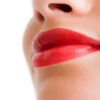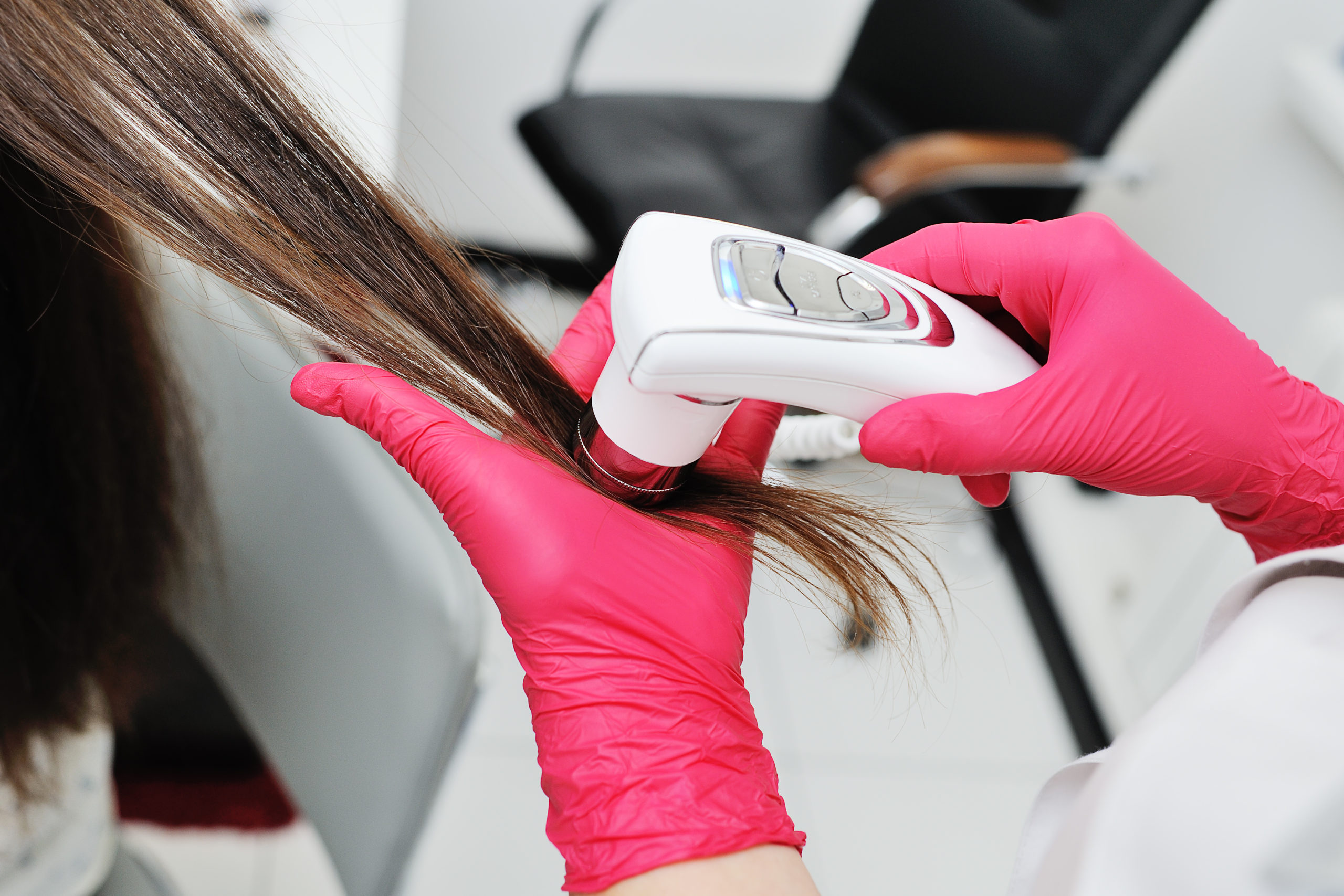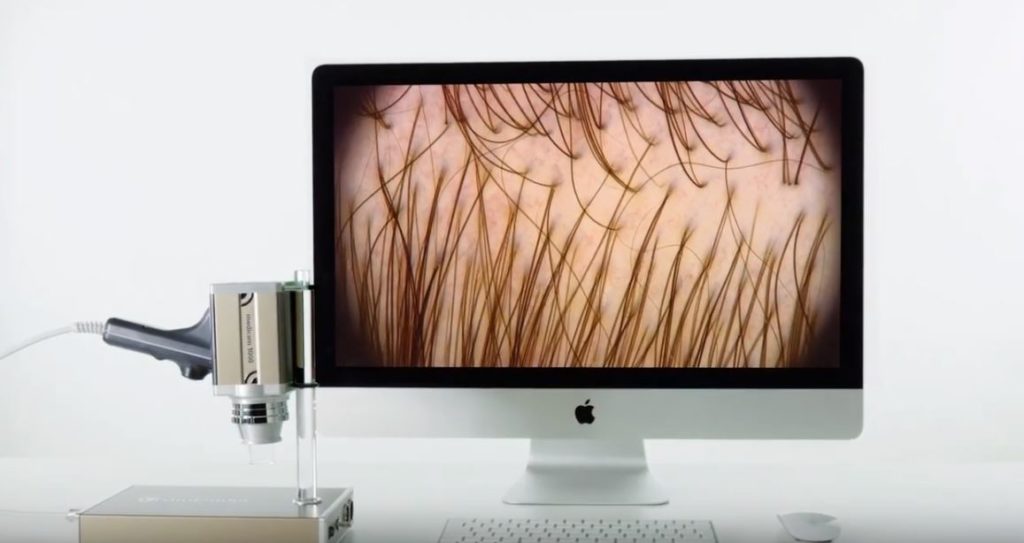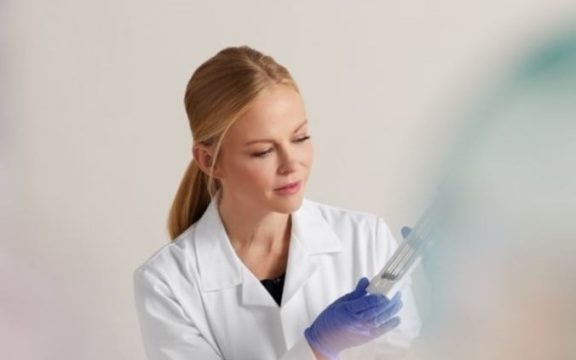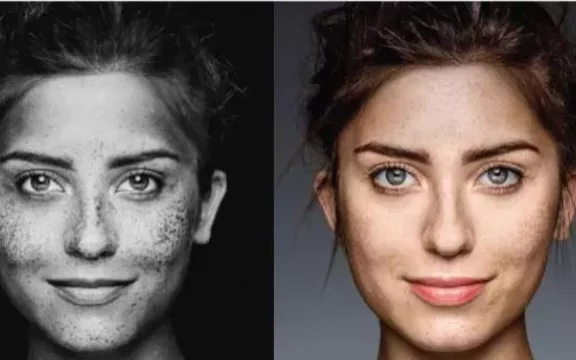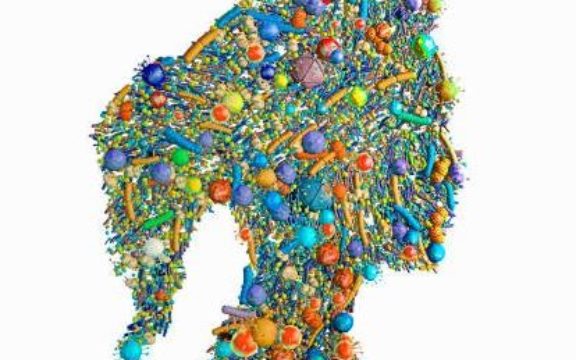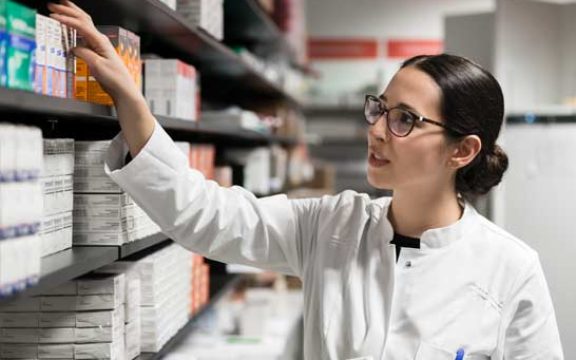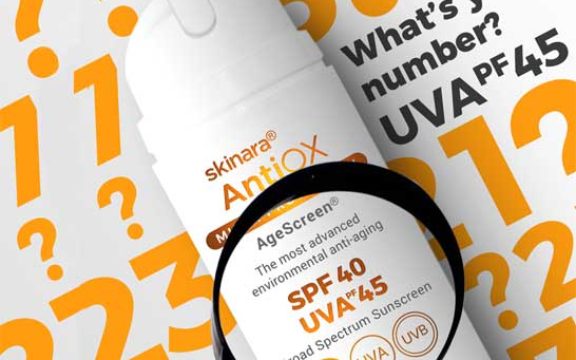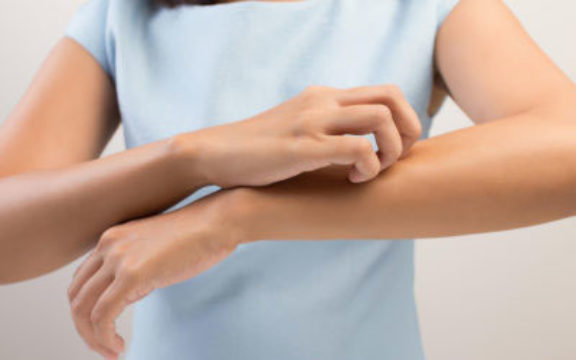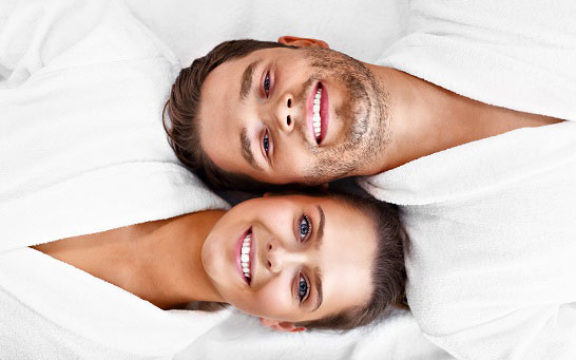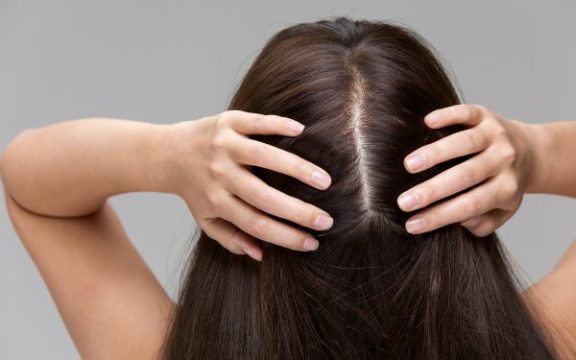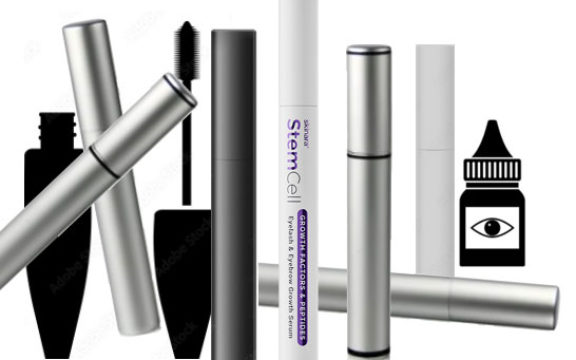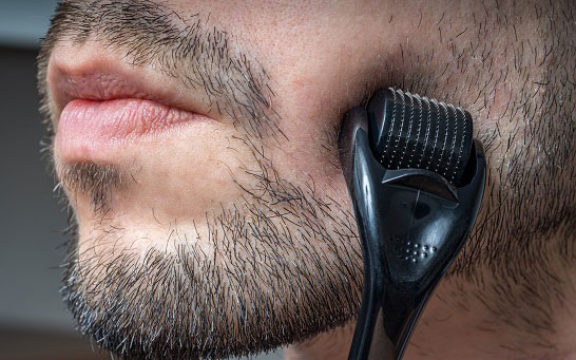Advances in treating hair loss
How can trichoscopy help with hair loss?
Trichoscopy hair and scalp evaluation by trichogram, trichoscope, trichologist.
Hair loss and hair thinning
Hair loss or alopecia affects millions of men and women worldwide. And it can result in either partial or complete hair loss.
However technological advances now mean trichologists (scalp & hair specialists) can make highly detailed analyses of the scalp and hair to determine the causes of any problems there might be.
What is Trichoscopy?
Trichoscopy is one such revolutionary digital method involving a magnifying camera and software called a dermatoscope or videodermatoscope.
As a matter of fact this device can zoom in by 20-70 times magnification on the scalp and hair shafts. Consequently this enables microscopic evaluation of hair follicles and their structures. This includes the scalp’s condition and the blood vessels in it. The trichologist can then review and evaluate the skin’s various layers. They can also observe hair structure in the epidermis, the dermal-epidermal junction, upper layers of the dermis and hair.
Equipment and diagnoses
The dermatoscope can identify signs of hair loss including vascular, pigmentation and interfollicular patterns. All of these denote specific diseases and aid in making the proper diagnoses.
Specifically trichoscopy is very useful in diagnosing the different reasons for common diseases resulting in hair loss. Examples include diffuse alopecia areata or androgenic alopecia.
Trichoscopy also aids in the diagnoses of inflammatory scalp conditions including psoriasis, LPP (Lichen Planopilaris) and DLE (Discoid Lupus Erythematosus).
Other information trichologists may gather in their holistic approach includes a patient’s medical history, lifestyle and nutrition. They may also undertake pull tests or a trichogram (plucking hairs for microscopic analysis). Additionally they can do a histopathology (cell analysis) and a review of any hereditary factors.
Together with your medical professional and other specialists such as nutritionists, your trichologist can then develop an individually customized treatment program tailored to your needs.
Trichoscopy and scalp microbiota
Recently science has confirmed the crucial role of a healthy microflora for skin and scalp health. Scalp microbiome friendly hair care has a role in preventing or reversing microbial dysbiosis which may otherwise lead to hair loss. This is especially true for Alopecia Areata (AA) and Primary Cicatricial Alopecia, which are associated with a significant decrease of good bacteria and increase of pathogenic species on the skin. There’s also a fungal component which affects both the dermal and sub-epidermal (deeper) layers of the scalp (dandruff is a classic condition). So always use pure and clean (no harsh chemicals) hair care, as this is critical for scalp homeostasis (balance), a healthy hair growth cycle and regeneration.
Importantly avoid fragrances and harmful toxins, parabens, and sulphates (sulfates). Such ingredients can cause scalp irritation and inflammation. They can also deplete many of the beneficial nutrients mentioned above and disrupt your hair’s natural growth cycle FIND OUT MORE>
A cutting-edge scientific and natural solution: Skinara® Hair Growth Serum
For more information on nutrition for great looking hair LEARN MORE

